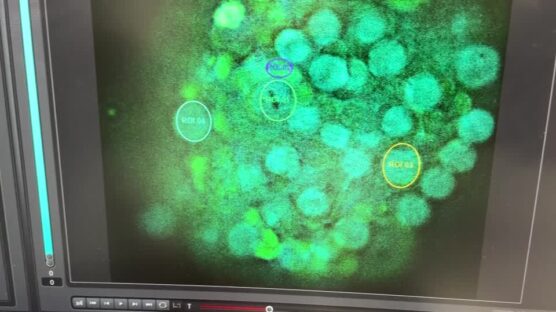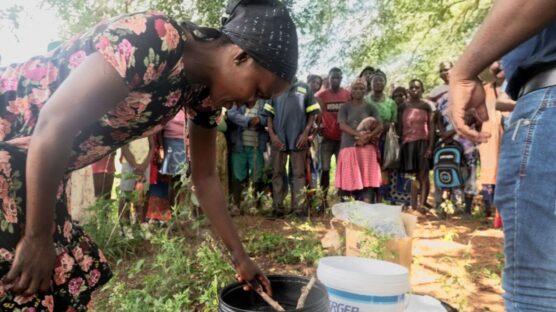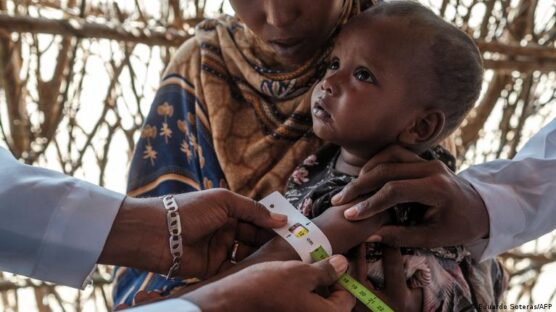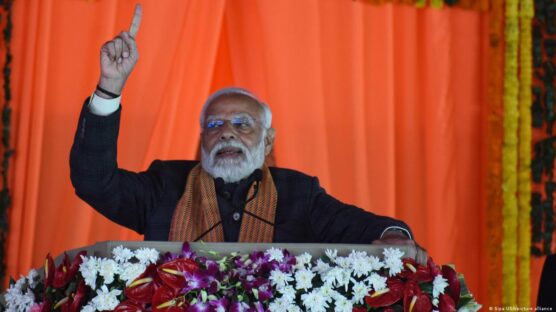Wheat grain size boosted by synthetic chemical
By Reuters
24 January 2017 |
10:02 am
Scientists develop a synthetic molecule that has been shown to increase the size and starch content of wheat grains in the lab by up to 20 per cent, with possibly significant implications for global food security.
In this article
Related
Related
11 Apr
The Myanmar military and an ethnic minority armed group have clashed for a second day near Myawaddy — an important frontier trading point. Thailand has said it is prepared for tens of thousands of refugees.
3 days ago
It is the first of its kind, its developers say: a microrobot which can navigate in a cell network and stimulate individual cells in a targeted manner. The discovery has the potential for new treatment methods for patients battling cancer or other diseases, according to lead researcher Berna Ozkale Edelmann.
13 Apr
Volkswagen will expand its production and research facilities in Anhui province as the German automaker looks to reclaim its title as China's top-selling car brand.
4 days ago
TikTok is seemingly developing a photo-sharing app like Instagram.
1 day ago
With Nigeria’s key lending rate at 24.75 per cent, developers in Nigeria’s real estate sector say the rate is fast impacting the growth of the industry. How are developers adapting to market shifts and new opportunities amid these challenges? Ayoolanrewaju Kuyebi, the MD and CEO GMH Luxury joins CNBC Africa for this discussion.
1 day ago
In Nigeria, a pharmacist's club create awareness about andropause. They de-stigmatizes andropause and advocates regularly healthy checks.
Latest
5 hours ago
More than 1,000 people have succumbed to cholera, while tens of thousands across Africa have been infected in a series of deadly cholera outbreaks since the beginning of 2024.
5 hours ago
A UN-led event to secure donations to address Ethiopia's humanitarian crisis fell short of its $1 billion target. The East African country has been hit by conflict and extreme weather in recent years.
1 day ago
Chess master, Tunde Onakoya, has embarked on a mission to surpass the Guinness World Record for the longest chess marathon. The event, which is currently underway at New York City's iconic Times Square, started at 10am on Wednesday, April 17, and is scheduled to end at 8pm on April 19. Onakoya is set to engage in an intense chess marathon, aiming to play for 58 hours without a single defeat.
1 day ago
Find these stories and much more when you grab a copy of The Guardian on Thursday.
1 day ago
As elections near, India's nationalist BJP is trying to wrestle votes away from the opposition in Indian-administrated Kashmir. But standard campaign tactics might not be enough to win over Muslim voters in the region.
1 day ago
ing Abdullah II of Jordan defends his country's actions in shooting down Iranian missiles on Saturday, saying that Jordan's security comes above all else. Also, MPs in the UK back a new bill to ban smoking in the country, but Prime Minister Rishi Sunak faces rebellion from within the Conservative Party. Finally, Paris Saint-Germain mount a comeback to beat Barcelona and qualify for the Champions League semi-final, with one Spanish newspaper blaming the result on "suspect refereeing".
×

Get the latest news delivered straight to your inbox every day of the week. Stay informed with the Guardian’s leading coverage of Nigerian and world news, business, technology and sports.


















0 Comments
We will review and take appropriate action.